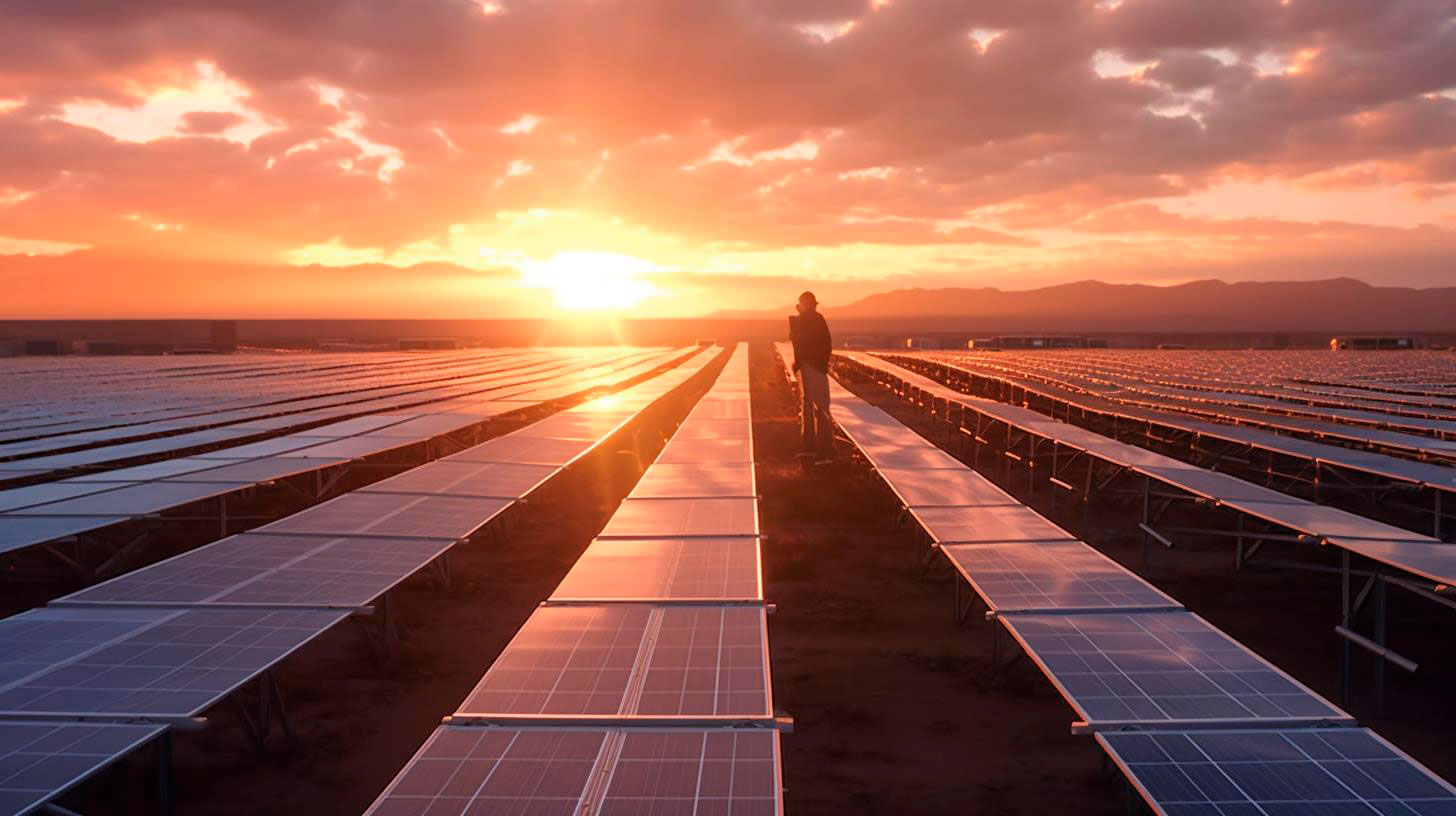Off-Grid Energy Storage for Low-Income Housing Development
This article explores the potential of off-grid energy storage systems in addressing the energy requirements of low-income neighborhoods.
The Importance of Off-Grid Energy Storage
Off-grid energy storage refers to the use of batteries or other storage technologies to store excess energy generated from renewable sources, such as solar panels or wind turbines. These storage systems allow for the smooth integration of renewable energy into off-grid communities, even during times when the primary energy sources are not actively producing power.
When it comes to low-income housing development, off-grid energy storage offers several significant advantages:
- Economic Efficiency: Off-grid energy storage systems can help reduce the reliance on costly fossil fuels and provide a more affordable and sustainable energy solution for low-income communities.
- Energy Independence: By utilizing renewable energy and efficient storage solutions, low-income housing developments can become self-sufficient and less dependent on external power grids. This increases resilience and reduces vulnerability to power outages.
- Environmental Benefits: Off-grid energy storage promotes the use of clean and renewable energy sources, leading to a significant reduction in carbon emissions and environmental impact.
The Potential of Off-Grid Energy Storage
The potential for off-grid energy storage in low-income housing development is immense. Let’s explore a few key takeaways and statistics:
- Energy Affordability: According to a study by the World Bank, over one billion people worldwide do not have access to electricity. Implementing off-grid energy storage solutions can help bridge this energy gap, particularly in low-income areas.
- Cost Reduction: Solar panel costs have reduced by over 80% in the past decade, making renewable energy an affordable option for low-income housing. Coupled with the advancements in energy storage technology, such as lithium-ion batteries, the overall cost of implementing off-grid systems has become more accessible for communities with limited financial resources.
- Community Empowerment: Off-grid energy storage offers an opportunity for low-income communities to actively participate in their energy generation and management. This empowerment creates a sense of ownership, fosters local entrepreneurship, and stimulates economic growth.
Successful Implementations of Off-Grid Energy Storage
Several initiatives and projects have effectively integrated off-grid energy storage systems into low-income housing developments. Let’s explore a prominent example:
The Resilient Power Project
The Resilient Power Project, led by the Clean Energy Group, focuses on deploying clean energy systems in affordable housing communities. This initiative aims to improve energy resilience, reduce greenhouse gas emissions, and lower utility bills for low-income residents.
Key features and benefits of the Resilient Power Project:
- Installing solar panels coupled with energy storage systems in affordable housing developments reduces dependency on the grid and enhances energy reliability.
- A study conducted by the Clean Energy Group found that implementing resilient power projects can save low-income residents as much as 30% on their electricity bills.
- These projects improve community resiliency during natural disasters or other emergencies, enabling access to critical services and supporting faster recovery.
To learn more about the Resilient Power Project and its impact, you can visit the Clean Energy Group website.
Conclusion
Off-grid energy storage systems have the potential to revolutionize low-income housing development by providing reliable, affordable, and sustainable energy solutions. By embracing renewable energy sources and efficient storage technologies, low-income communities can enhance their energy independence, reduce costs, and contribute to a cleaner environment.
Now, more than ever, it is essential to prioritize the implementation of off-grid energy storage systems in low-income neighborhoods, ensuring a brighter and more equitable future for all.
